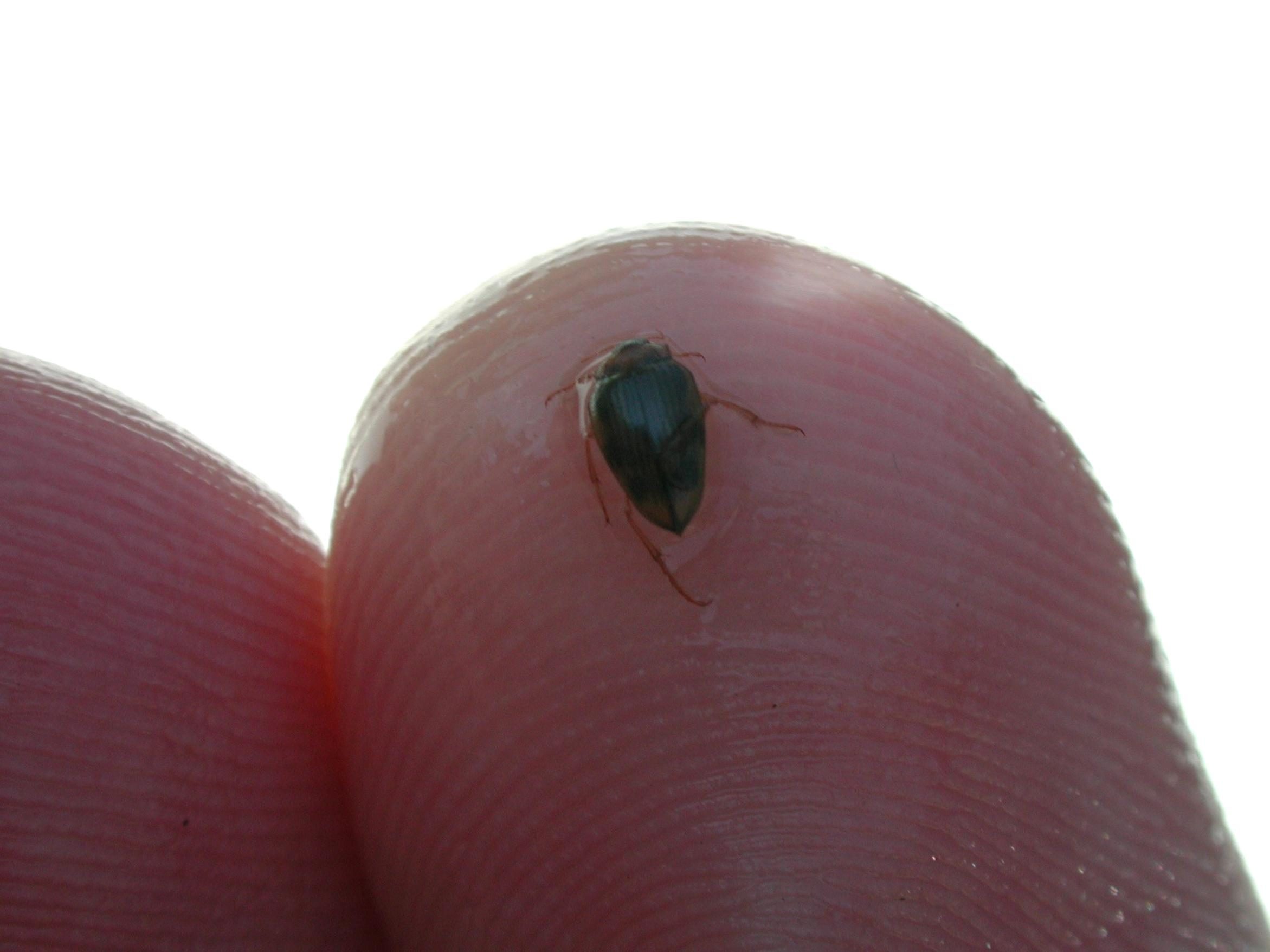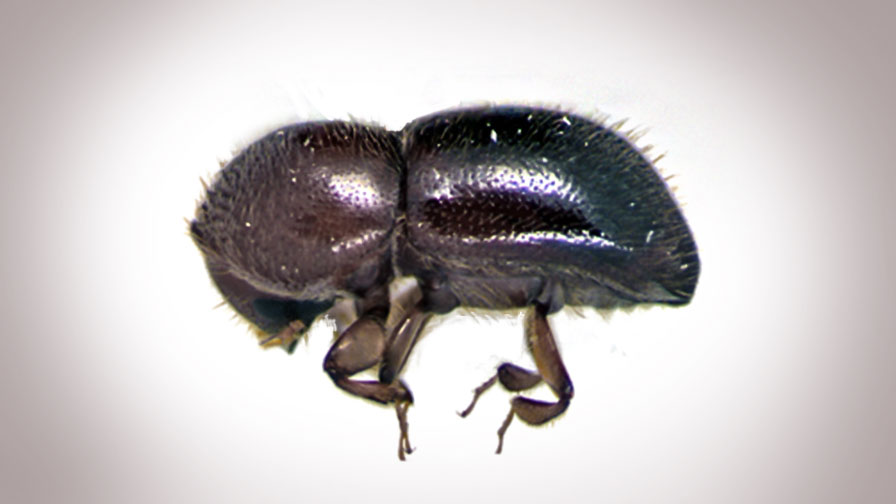

How to Grow Mushrooms in Used Coffee Grounds What’s more, they have already been sterilized during the brewing process, which would otherwise be an extra step in the growing process.
Grow your own beetle just add water full#
Used coffee grounds make a great substrate because they are packed full of nutrients that mushrooms like to grow on ( 21). Mushrooms only thrive in specific conditions and are notoriously difficult to grow.įor starters, they do not grow in ordinary garden soil, as they require a substrate, or underlying substance or layer. Bathing your pet in used coffee grounds may help keep They can be toxic to dogs if consumed.įleas do not like coffee. However, coffee grounds may be less effective than a prescription product, so if your pet has fleas and this treatment does not work, you may want to contact a vet to discuss alternative options.Īlso, coffee grounds should only be used externally. Some say doing this may also add smoothness and shine to your pet’s coat, but there is little to no research to support either of these claims. Then rinse them off and allow your pet to dry as usual. Simply rub the grounds throughout your pet’s fur after shampooing. Luckily, fleas don’t seem to like coffee, and you may want to consider coffee grounds as a natural treatment. There are several flea-removal products on the market, but many contain harsh chemicals and can produce unwanted side effects. Help increase nutrient levels and decrease the greenhouse gas emissions of yourįleas are a common problem in household pets, and treating them can be costly and time-consuming ( 10). Garden can significantly improve the health of your plants.

You should avoid composting meat and fish scraps, dairy products, diseased plants, grease and oils.

Other items to compost include grass clippings, leaves, bark, shredded newspaper, brush, herbs, egg shells, stale bread and fruit and vegetable trimmings. The batch containing 40% coffee grounds produced the fewest greenhouse gas emissions and best quality compost ( 5). One study found that compost made with coffee grounds and kitchen waste was richer in nutrients than compost made with waste alone ( 4).Īnother study compared four batches of compost containing 0, 10, 20 and 40% coffee grounds. If you do not have an immediate need for fertilizer, you can compost your coffee grounds for later use.Ĭomposting is a natural process that turns organic items such as food scraps and yard debris into a dark, rich material called compost or humus.Īdding compost to your yard or garden can help the soil hold onto more nutrients and water, thereby improving the health of your plants.


 0 kommentar(er)
0 kommentar(er)
